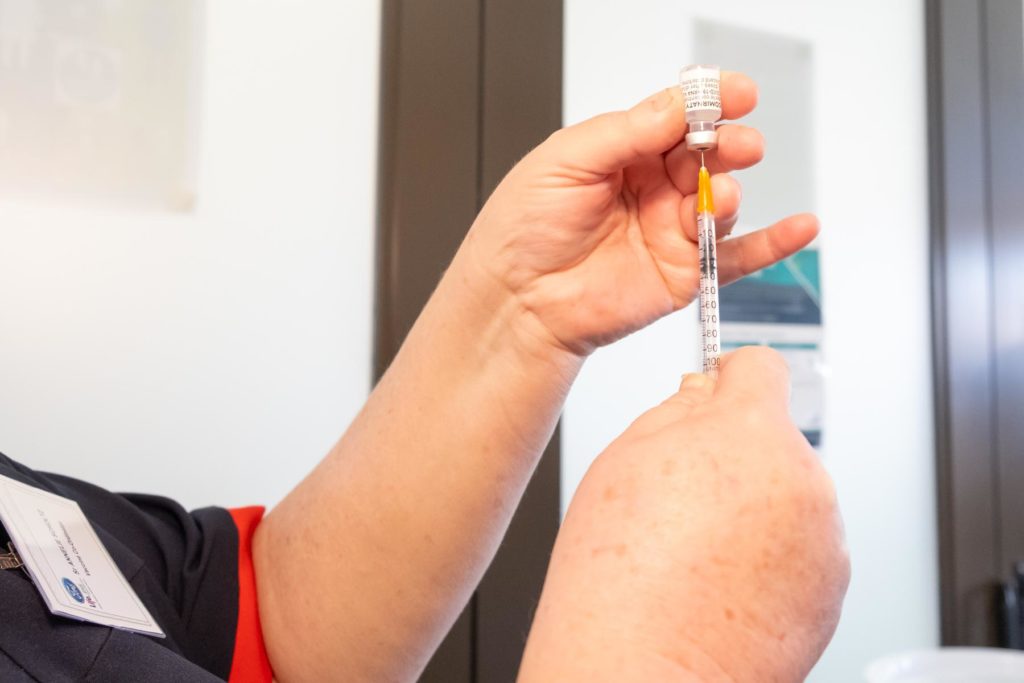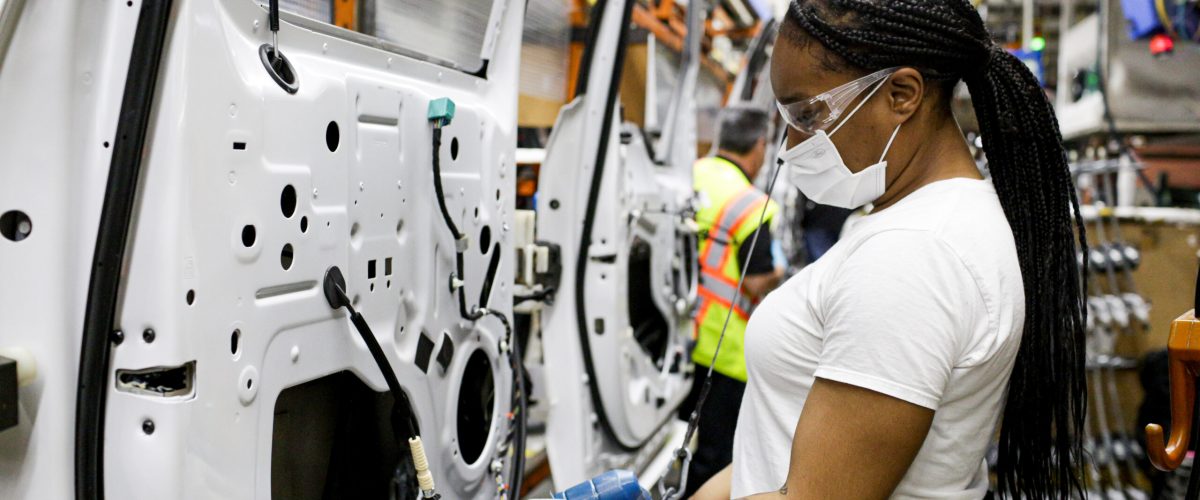Ford South Africa is making an important contribution to tackling the COVID-19 pandemic by opening specialised Vaccination Clinics at both of its local manufacturing plants, with the cooperation and approval of the National Department of Health (NDOH).
The clinic at Ford’s Silverton Assembly Plant in Pretoria opened in June 2021, and was the second workplace vaccination site to receive NDOH authorisation, giving employees and on-site contractors convenient access to the COVID-19 vaccinations in line with the government guidelines and age groups, regardless of their medical aid status.
We are proud to be playing an important role in reinforcing the South African government’s efforts to significantly ramp up its COVID-19 vaccinations.
– Dhiren Vanmali, head of up Ford Motor Company South Africa Government Affairs
To date, over 3 600 Pfizer vaccines have been administered at the Silverton Assembly Plant, with more than 1 200 employees and contractors having received their second doses. This project is now being rolled out at the Ford Struandale Engine Plant in Gqeberha (formerly Port Elizabeth).

“The vaccination drive, and the establishment of the Vaccination Clinics at both of our local plants, follows extensive engagement with the National Department of Health which enabled us to assist government’s efforts in tackling the COVID-19 pandemic through the workplace vaccination programme,” says Dhiren Vanmali who headed up Ford’s Government Affairs department before assuming a new role as Sales Operations Director in June 2021.
“We are proud to be playing an important role in reinforcing the South African government’s efforts to significantly ramp up its COVID-19 vaccinations, as an essential tool in fighting this pandemic that has impact our lives in so many ways,” Vanmali says.

Ford South Africa’s relief measures during this unprecedented health crisis began in April 2020 during the Level 5 national lockdown, when it commenced production of protective face shields at the Silverton Assembly Plant to enhance the safety of frontline medical workers.
Over 285 000 face shields were produced, the majority of which were donated to the NDOH along with numerous hospitals, clinics and humanitarian organisations to support their crucial work. Vehicles were loaned to several non-profit organisations, and Ford Fund grants were provided to equip communities with essential goods, including food parcels, sanitisers and face masks.
In preparation for the resumption of manufacturing operations, dedicated Flu Clinics were established at both of Ford’s manufacturing plants.
In March this year, we donated R2.5-million to the National Institute for Occupational Health (NIOH) to help fund the enhancement of the Occupational Health Surveillance System (OHSS).
The company’s committed team of nurses and health workers, headed by Dr Herina Grobler, worked closely with the NDOH in establishing protocols for the safe return of employees and contractors – including COVID-19 screening, effective handling of positive cases, and extensive training and awareness campaigns regarding COVID-19 symptoms and prevention measures.
“In March this year, we donated R2.5-million to the National Institute for Occupational Health (NIOH) to help fund the enhancement of the Occupational Health Surveillance System (OHSS), further reinforcing Ford’s commitment to the government’s crucial COVID-19 mitigation measures for the South African population,” Vanmali says.
The OHSS monitors workers in the public and private sectors, using data supplied by employers on COVID-19 infections in the workplace under the direction of the Department of Employment and Labour. The data helps to identify industries and occupational groups at risk of infection and analyses the impact on industries and occupational groups. The data is used to inform appropriate interventions – including policies, programs and resources.






